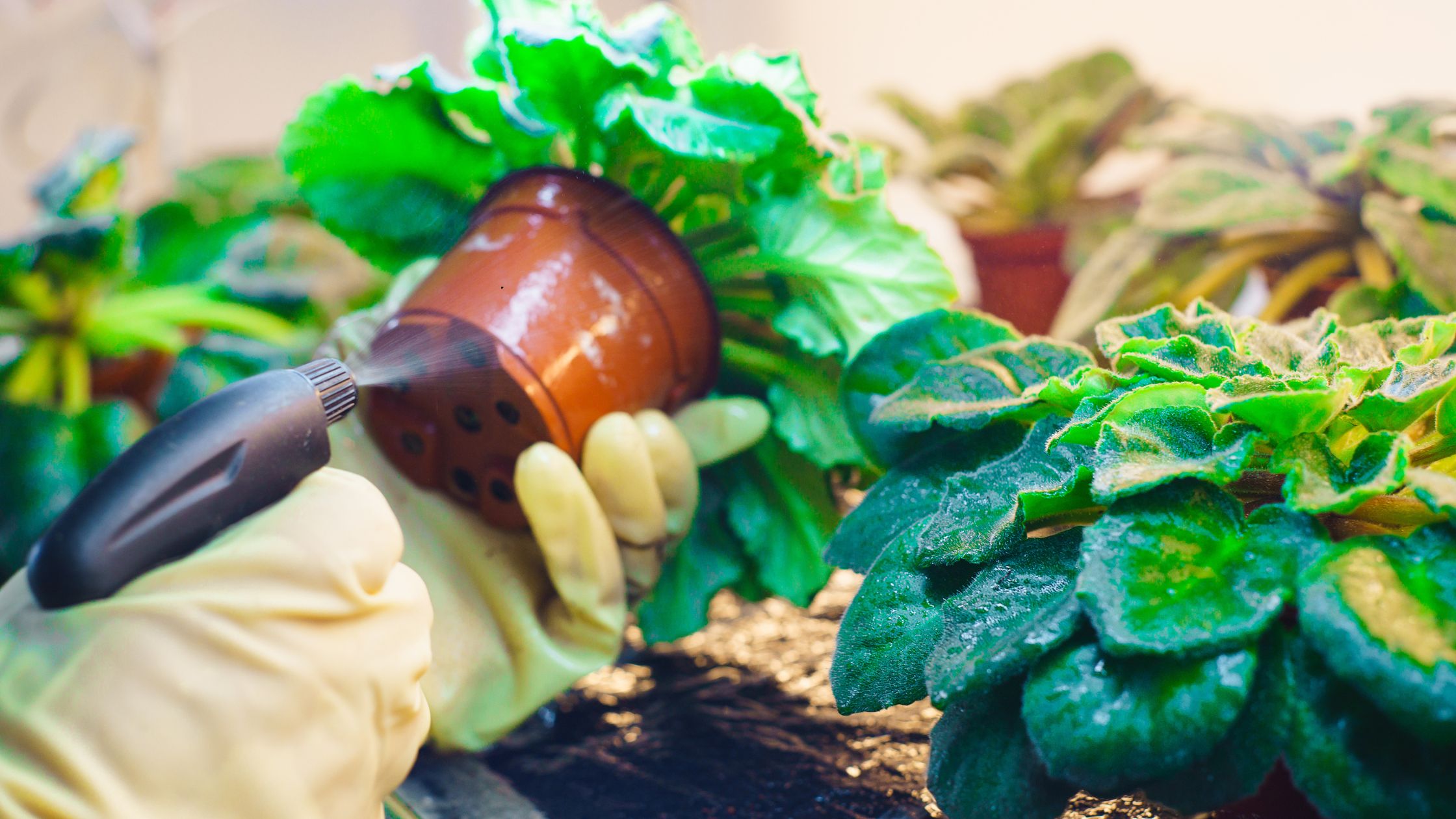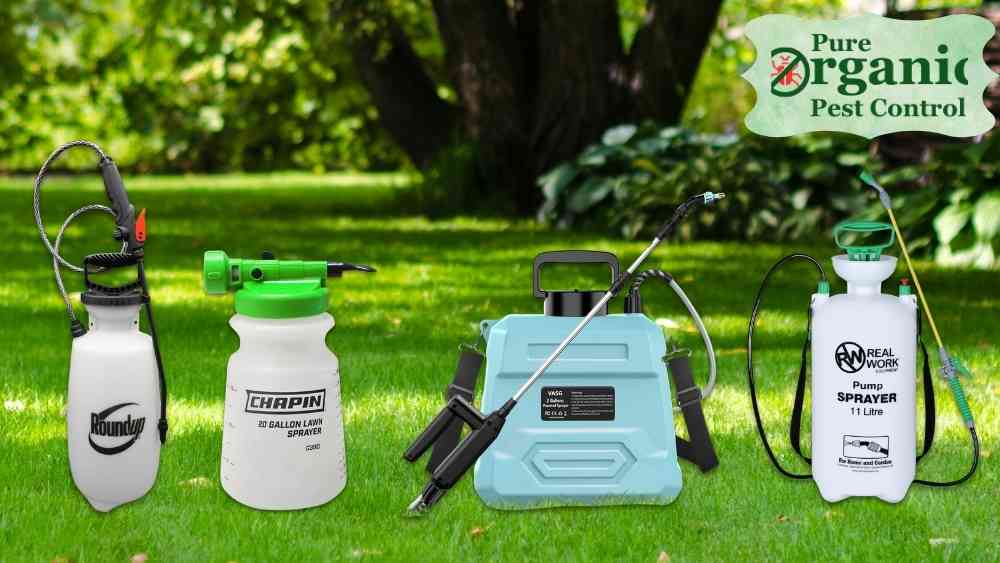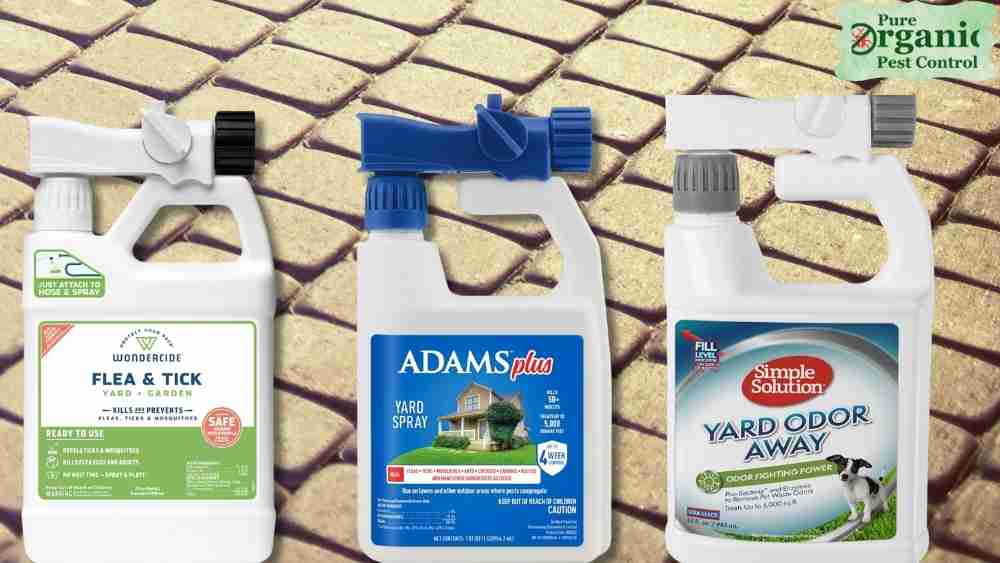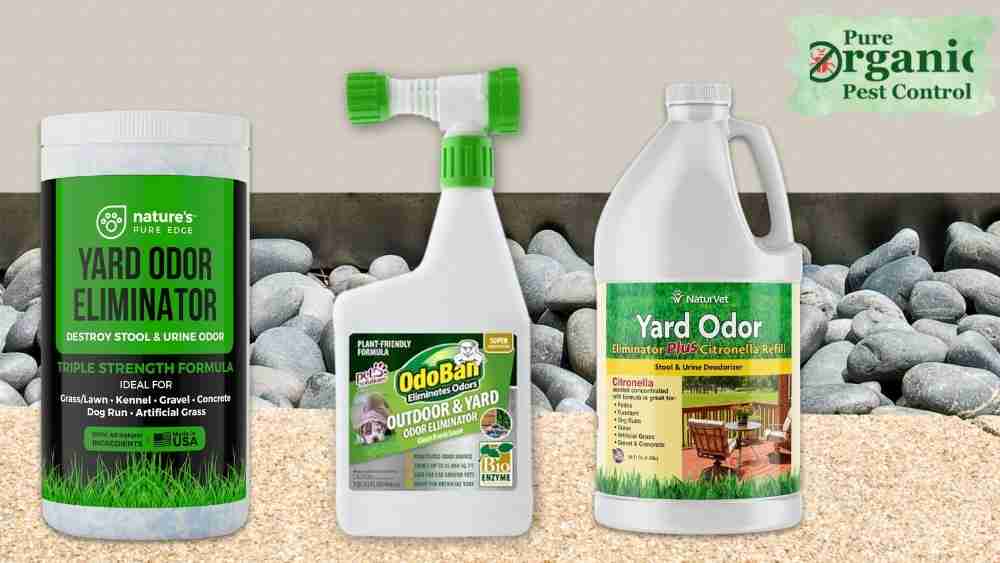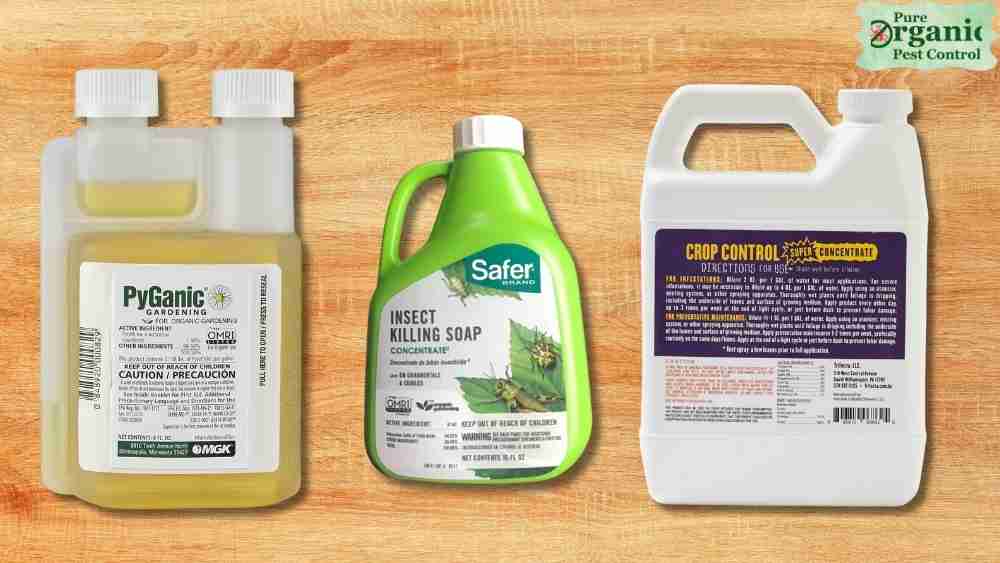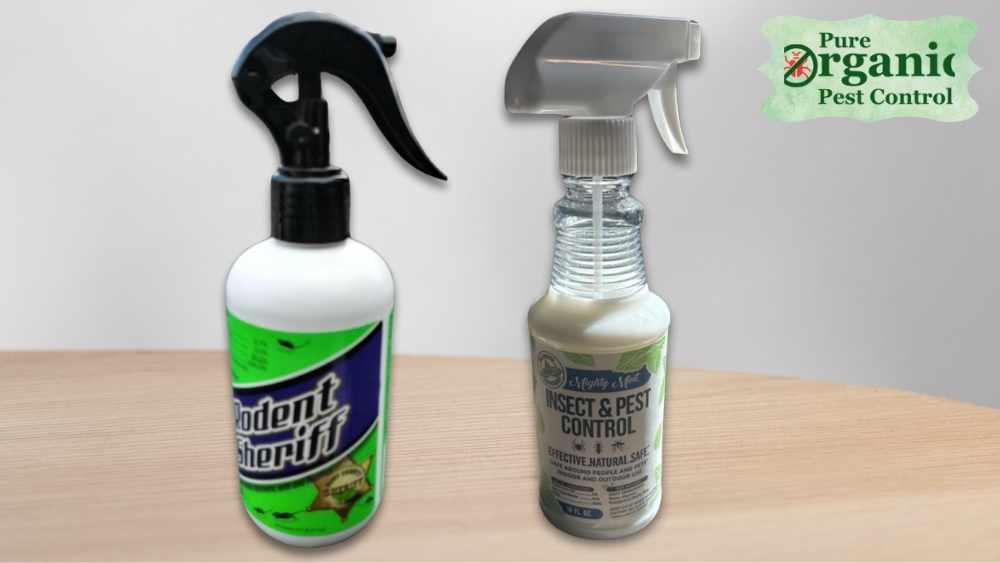When pests invade your home, it can be a real headache. As a professional pest control expert, I know how important it is to protect your family from unwanted critters while also keeping our environment safe. That’s where eco-friendly pest control solutions come in. In this article, I will guide you through effective methods to manage pests in your home without harming the planet.
Understanding the Importance of Eco-Friendly Pest Control
You might wonder, why should I choose eco-friendly pest control? Well, traditional pest control methods often rely on harsh chemicals that can be harmful to your family, pets, and the environment. These chemicals may provide a quick fix, but they can also leave behind residues that can affect your health and the health of the ecosystem. By opting for eco-friendly pest control, you can protect your family while being kind to our planet.
Common Household Pests
Before we dive into solutions, let’s identify some common pests you might encounter in your home.
- Ants: These tiny invaders can quickly take over your kitchen, searching for food.
- Roaches: Cockroaches can carry diseases and thrive in warm, humid areas.
- Bed Bugs: These pesky critters hide in your bedding and can lead to sleepless nights.
- Rodents: Mice and rats can cause damage to your home and contaminate food.
- Termites: These wood-eating pests can silently destroy your home’s structure.
Understanding the types of pests you’re dealing with will help you choose the right eco-friendly pest control methods.
Eco-Friendly Pest Control Solutions
Prevention is Key
The best way to handle pests is to prevent them from entering your home in the first place. Here are some simple steps you can take:
- Seal Cracks and Openings: Inspect your home for any cracks or gaps where pests could enter. Seal them with caulk or weatherstripping.
- Store Food Properly: Keep food in airtight containers to avoid attracting pests. Clean up spills and crumbs promptly.
- Maintain a Clean Home: Regularly clean your home, especially in areas like the kitchen and dining room, where food is present. This will deter pests from setting up camp.
Natural Repellents
Using natural repellents is a fantastic way to control pests without harmful chemicals. Here are a few you can try:
- Essential Oils: Many essential oils, such as peppermint, tea tree, and lavender, can repel pests. Mix a few drops with water in a spray bottle and apply it to areas where you see pest activity.
- Vinegar: A mixture of vinegar and water can be effective in deterring ants and other insects. Spray it around entry points and problem areas.
Traps and Baits
Using traps is another eco-friendly pest control solution that can help manage pests without resorting to chemicals.
- Sticky Traps: These traps can catch insects like roaches and spiders. Place them in areas where you see pest activity.
- Homemade Baits: For ants, you can mix boric acid with sugar water. The sugar attracts them, and the boric acid will help eliminate them.
Biological Control
Sometimes, using nature to fight pests is the best solution. Biological control involves introducing natural predators to manage pest populations. For example:
- Ladybugs: These friendly insects feed on aphids and can help keep your garden healthy.
- Nematodes: These microscopic worms can control soil-dwelling pests like grubs and fleas.
Professional Eco-Friendly Pest Control Services
If you’re dealing with a more significant infestation, it might be time to call in the professionals. Look for pest control companies that offer eco-friendly pest control solutions. They often use methods like integrated pest management (IPM), which focuses on long-term prevention and minimal use of chemicals. When searching for a service, don’t hesitate to ask about their eco-friendly options and methods.
Benefits of Eco-Friendly Pest Control
Choosing eco-friendly pest control solutions comes with several advantages:
- Safety for Your Family: By using natural methods, you minimize the risk of exposing your loved ones to harmful chemicals.
- Protecting Pets: Pets are often curious and can be affected by traditional pest control methods. Eco-friendly options are generally safer for them.
- Environmental Impact: Eco-friendly pest control solutions are better for the planet, reducing pollution and promoting biodiversity.
DIY Eco-Friendly Pest Control Recipes
If you’re interested in trying your hand at some eco-friendly pest control solutions at home, here are a few simple recipes:
Ant Deterrent Spray
Ingredients:
- 1 cup water
- 1 cup vinegar
- 2 teaspoons dish soap
Instructions:
- Mix all ingredients in a spray bottle.
- Spray around ant trails and entry points.
Bed Bug Spray
Ingredients:
- 1 cup water
- 1 cup rubbing alcohol
- 10 drops lavender essential oil
Instructions:
- Combine ingredients in a spray bottle.
- Spray on bedding, furniture, and areas where you suspect bed bugs.
Rodent Repellent
Ingredients:
- 1 cup water
- 1 tablespoon peppermint oil
Instructions:
- Mix water and peppermint oil in a spray bottle.
- Spray around entry points and areas where you suspect rodent activity.
When to Seek Professional Help
While many pests can be managed with DIY methods, sometimes the infestation is beyond what you can handle. If you see signs of extensive damage or a large population of pests, it’s time to call in a professional. They have the expertise and tools to tackle serious infestations safely and effectively.
Conclusion
Taking care of pests in your home doesn’t have to come at the cost of your family’s health or the environment. By using eco-friendly pest control solutions, you can protect your loved ones while ensuring a sustainable future. Remember, prevention is key, and there are plenty of natural methods and professional services available to help you manage pest problems effectively.
I hope this guide helps you in your quest for a pest-free home. If you have any questions or need more advice on eco-friendly pest control solutions, feel free to reach out. Together, we can create a safe and healthy environment for you and your family.

